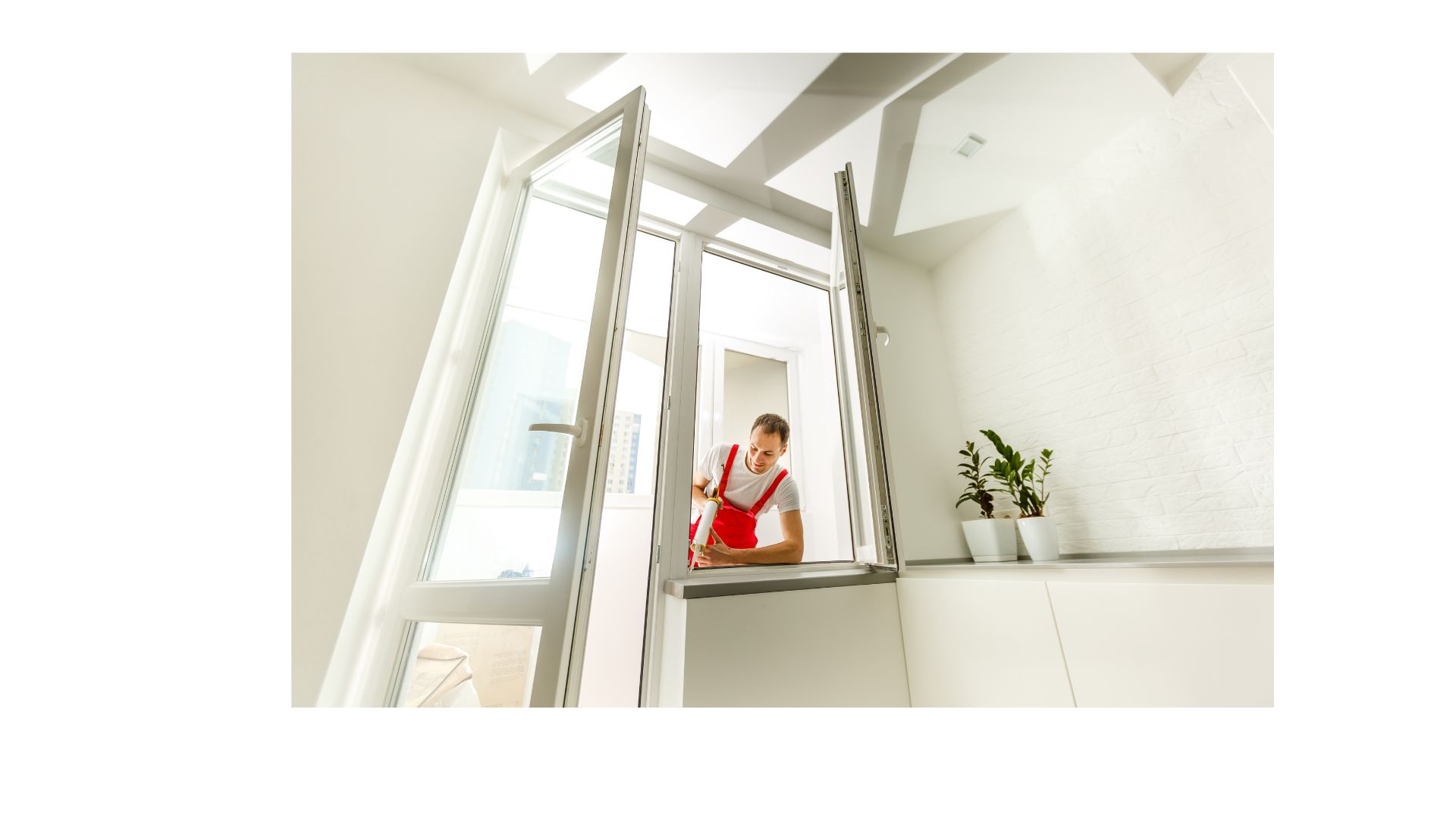
DIY vs. Professional: Which is the Best Way to Install Replacement Windows?
Are you contemplating replacing your windows but torn between the allure of a DIY project and the reassurance of hiring a professional? In this comprehensive guide, we delve into the age-old debate of DIY versus professional installation for replacement windows.
With numerous factors to consider, from cost and convenience to skill level and potential pitfalls, making the right choice can be daunting. We’ll explore the pros and cons of each approach, shedding light on the intricacies involved in both DIY and professional window installation.
Whether you’re a seasoned DIY enthusiast or leaning towards the expertise of a professional, this blog aims to equip you with the knowledge needed to make an informed decision and ensure your window replacement project is a success.
Cost Considerations
When it comes to window replacement, cost is a significant factor. DIY projects typically seem cheaper at first glance, as they exclude labor fees. However, it’s crucial to consider all expenses involved, including materials, tools, and potential mistakes. Professional installation might seem pricier upfront, but it often includes warranties and ensures proper installation, potentially saving money on future repairs. It’s essential to weigh these costs carefully and consider your budget constraints before making a decision.
Assessing Your Abilities
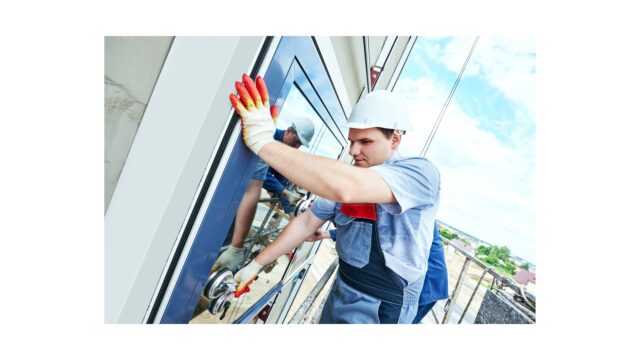
Assessing your abilities is a crucial step when considering whether to undertake a DIY window installation project or hire a professional. It’s essential to honestly evaluate your skills and expertise to determine if you’re equipped to handle the task at hand. Here are some factors to consider:
Technical Skills
Installing replacement windows requires proficiency in using various tools and techniques, including measuring, cutting, and sealing. Assess whether you have the necessary technical skills to execute the installation accurately.
Previous Experience
Have you tackled similar projects before? Prior experience with DIY home improvement tasks can provide valuable insight into your capabilities and comfort level with window installation.
Attention to Detail
Precision is paramount when installing windows to ensure a proper fit and seal. Assess your ability to pay attention to detail and follow instructions meticulously throughout the installation process.
Physical Ability
Window installation can be physically demanding, involving lifting heavy materials and working in awkward positions. Consider whether you have the physical stamina and strength required to complete the project safely.
Problem-Solving Skills
DIY projects often present unexpected challenges that require quick thinking and problem-solving skills. Evaluate your ability to troubleshoot issues and adapt to changing circumstances during the installation.
Time Commitment
Installing replacement windows can be time-consuming, requiring a significant investment of time and effort. Consider whether you have the availability and dedication to see the project through to completion in a timely manner.
Assessing your abilities honestly and thoroughly will help you make an informed decision about whether DIY window installation is a feasible option or if hiring a professional is the best course of action.
Balancing DIY Commitments
Time is a precious commodity, and tackling a DIY window installation project demands a significant investment. From researching techniques to sourcing materials and executing the installation, the process can be time-consuming. Consider your schedule and other commitments carefully before embarking on a DIY endeavor. While professional installation might seem like a more convenient option, scheduling appointments and coordinating with contractors also require time and effort. Balancing the convenience of professional service against the time commitment of a DIY project is essential for a smooth installation experience.
Comparing Workmanship Standards
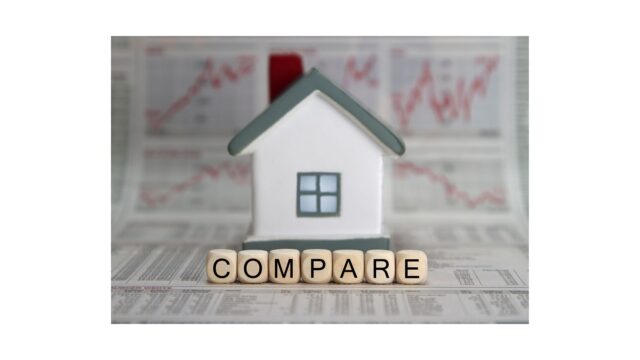
The quality of installation significantly impacts the performance and longevity of replacement windows. DIY installations may lack the precision and expertise of professional work, leading to potential issues such as drafts, leaks, and improper sealing. Professionals adhere to industry standards and have access to specialized tools and techniques that ensure a high-quality finish.
Additionally, reputable contractors often offer warranties on their workmanship, providing peace of mind for homeowners. When weighing DIY versus professional installation, consider the importance of quality assurance in protecting your home and investment.
Identifying Risks and Challenges
Identifying risks and challenges is a crucial aspect of any window replacement project, whether you opt for a DIY approach or hire professionals. Understanding these potential pitfalls can help you make informed decisions and mitigate issues along the way. Here are some key points to consider when identifying risks and challenges:
- Improper Measurements: Accurate measurements are essential for ensuring a proper fit and seal. Incorrect measurements can lead to ill-fitting windows and drafts.
- Inadequate Sealing: Proper sealing is vital for preventing air and water infiltration. Poor sealing can result in energy loss, moisture buildup, and potential damage to the surrounding structure.
- Structural Damage: Removing old windows or installing new ones can inadvertently cause damage to the window frame or surrounding walls if not done carefully.
- Lack of Experience: DIY installers may lack the experience and expertise required to navigate potential challenges effectively, increasing the risk of mistakes and complications.
- Safety Concerns: Working at heights and handling heavy materials pose safety risks, especially for DIY enthusiasts without proper training or equipment.
By recognizing these risks and challenges upfront, you can take proactive measures to address them and ensure a smoother and more successful window replacement process.
Understanding Coverage Differences
Warranties and guarantees play a significant role in protecting your investment in replacement windows. DIY installations typically void manufacturer warranties, as they require professional installation to remain valid. While some homeowners may feel confident in their abilities, the absence of warranties leaves them vulnerable to costly repairs in the event of issues.
Professional installers often provide warranties on both labor and materials, offering added protection and peace of mind. Understanding the coverage differences between DIY and professional installation is essential for safeguarding your investment and ensuring long-term satisfaction with your new windows.
Evaluating ROI and Energy Efficiency
Replacement windows can offer long-term benefits in terms of energy efficiency, comfort, and property value. Properly installed windows contribute to lower energy bills, improved indoor comfort, and increased curb appeal.
While DIY projects may seem cost-effective initially, the potential savings from energy-efficient windows and professional installation can provide a higher return on investment (ROI) in the long run.
Additionally, professional installers often use techniques and materials that maximize energy efficiency and insulation, further enhancing the benefits of replacement windows. Evaluating the long-term benefits, including ROI and energy efficiency, is crucial in determining the best approach for your window replacement project.
Conclusion
The decision between DIY and professional installation for replacement windows hinges on various factors, including cost, skill level, time constraints, and quality assurance. While DIY projects may offer a sense of accomplishment and initial cost savings, they also come with risks and challenges that could compromise the integrity of your windows. On the other hand, professional installation ensures expertise, quality workmanship, and often includes warranties for added peace of mind.
Ready to upgrade your windows with confidence? Contact EZ Window Solutions of Strongsville today at (440) 773-4396. Our experienced professionals are ready to provide expert guidance and quality installation services tailored to your needs. Whether you’re seeking energy-efficient solutions or enhancing your home’s aesthetics, we’ve got you covered.
Don’t hesitate to reach out and take the next step towards enjoying the benefits of new replacement windows. Get in touch with EZ Window Solutions now and embark on your journey to a more comfortable, efficient, and beautiful home.


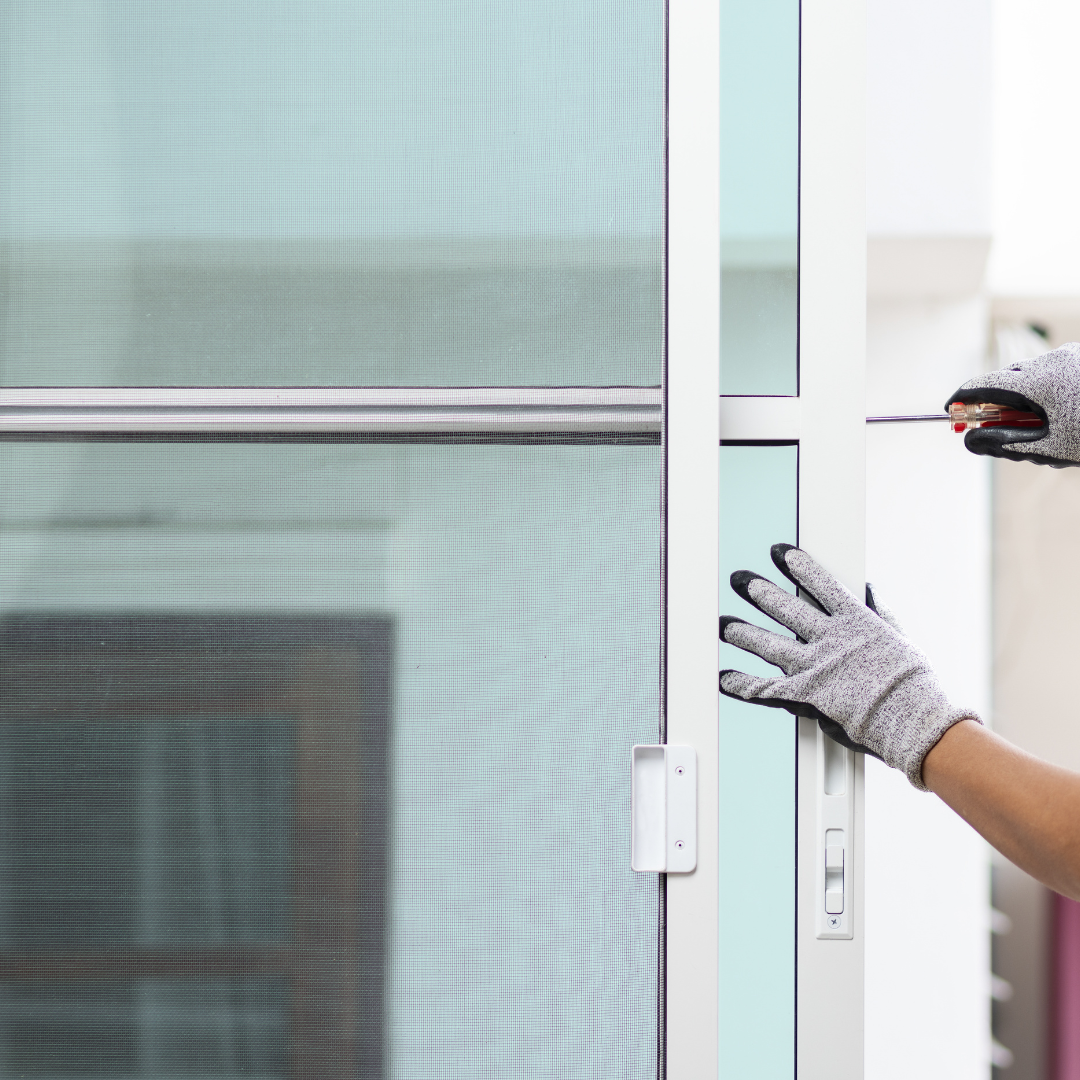
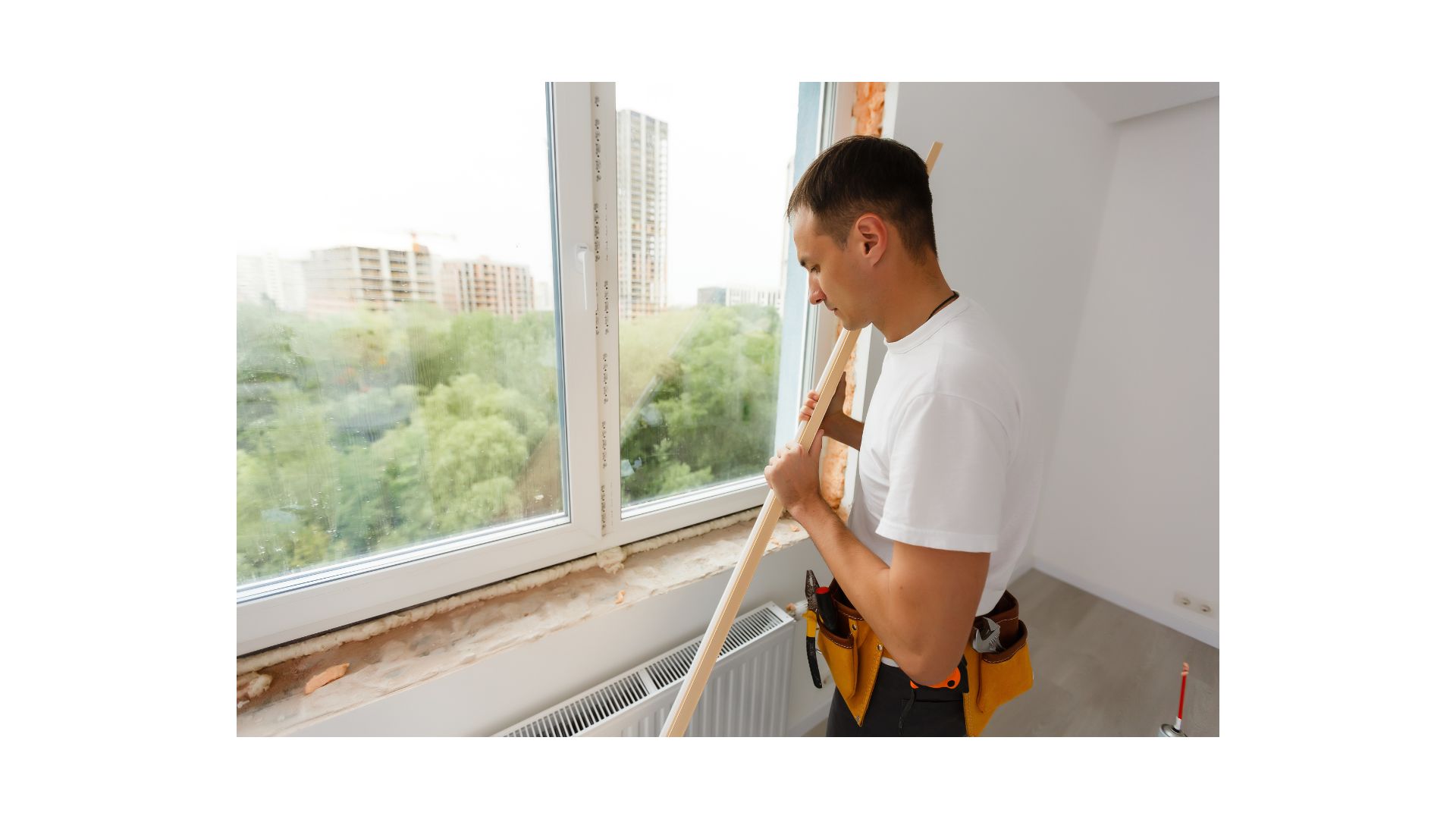
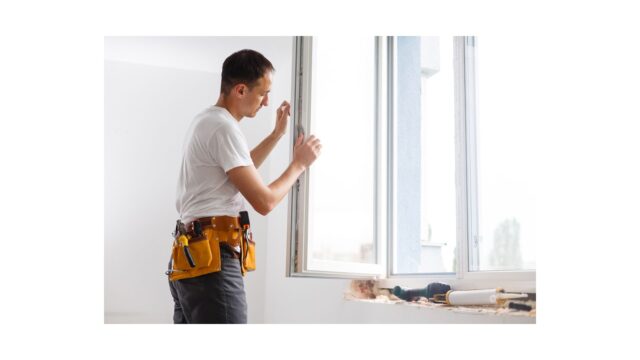
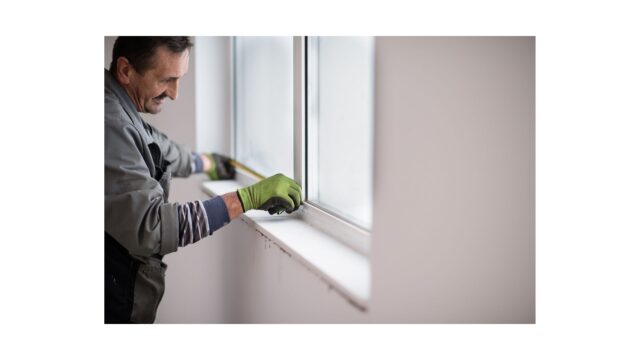

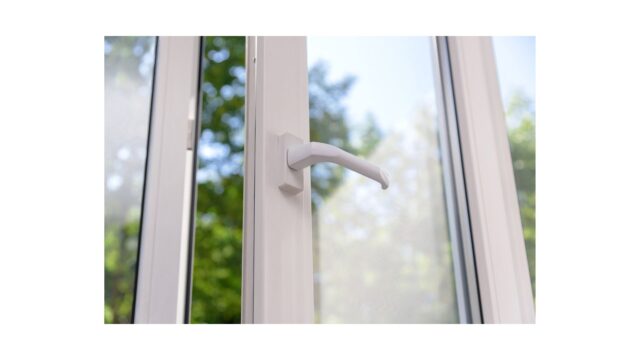
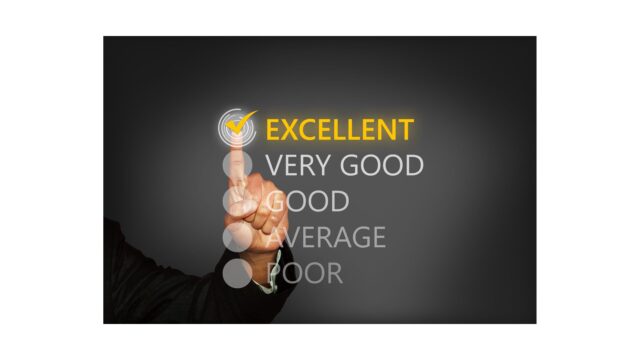
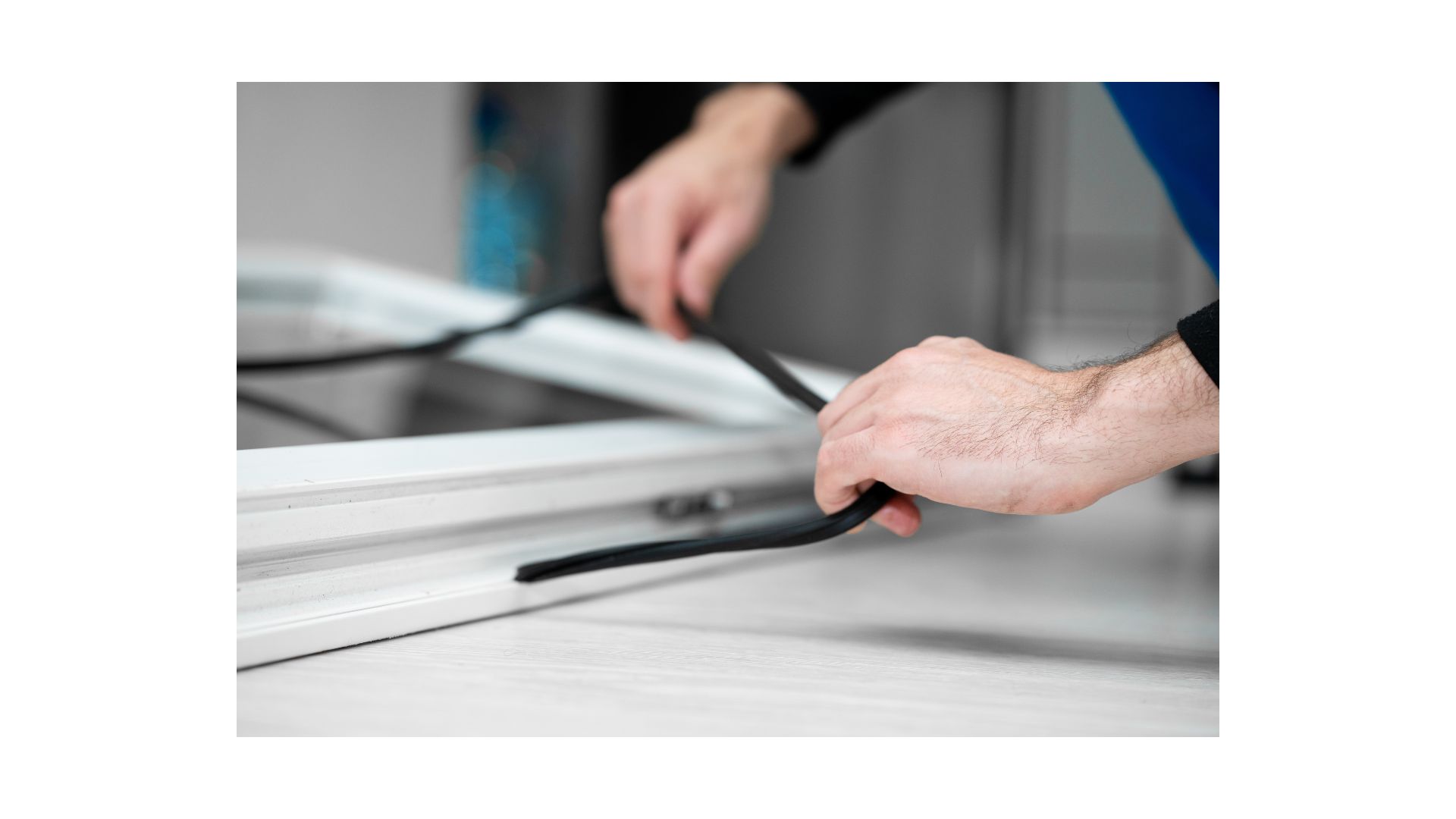
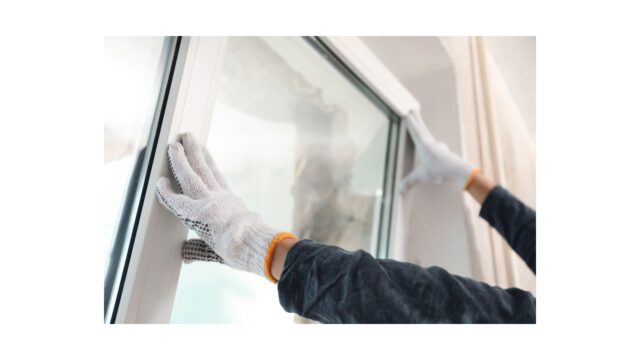
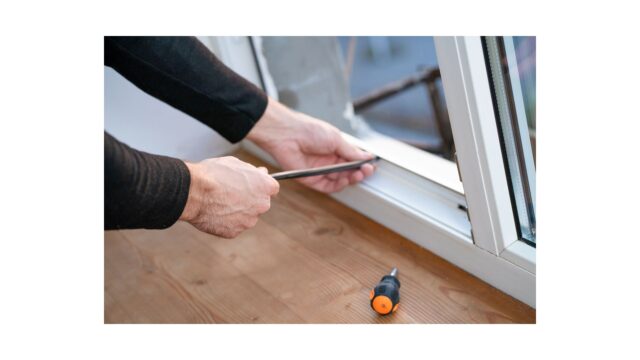

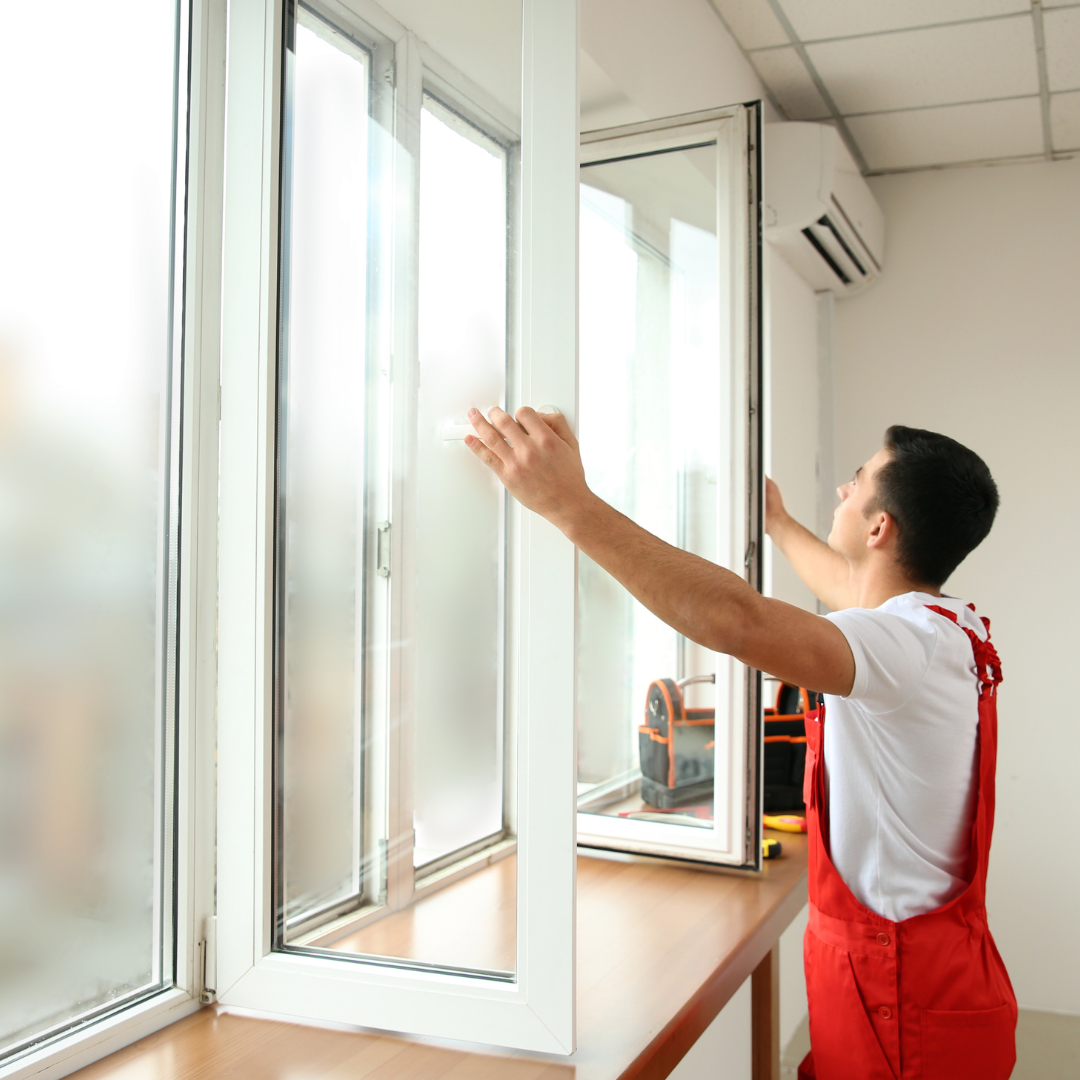
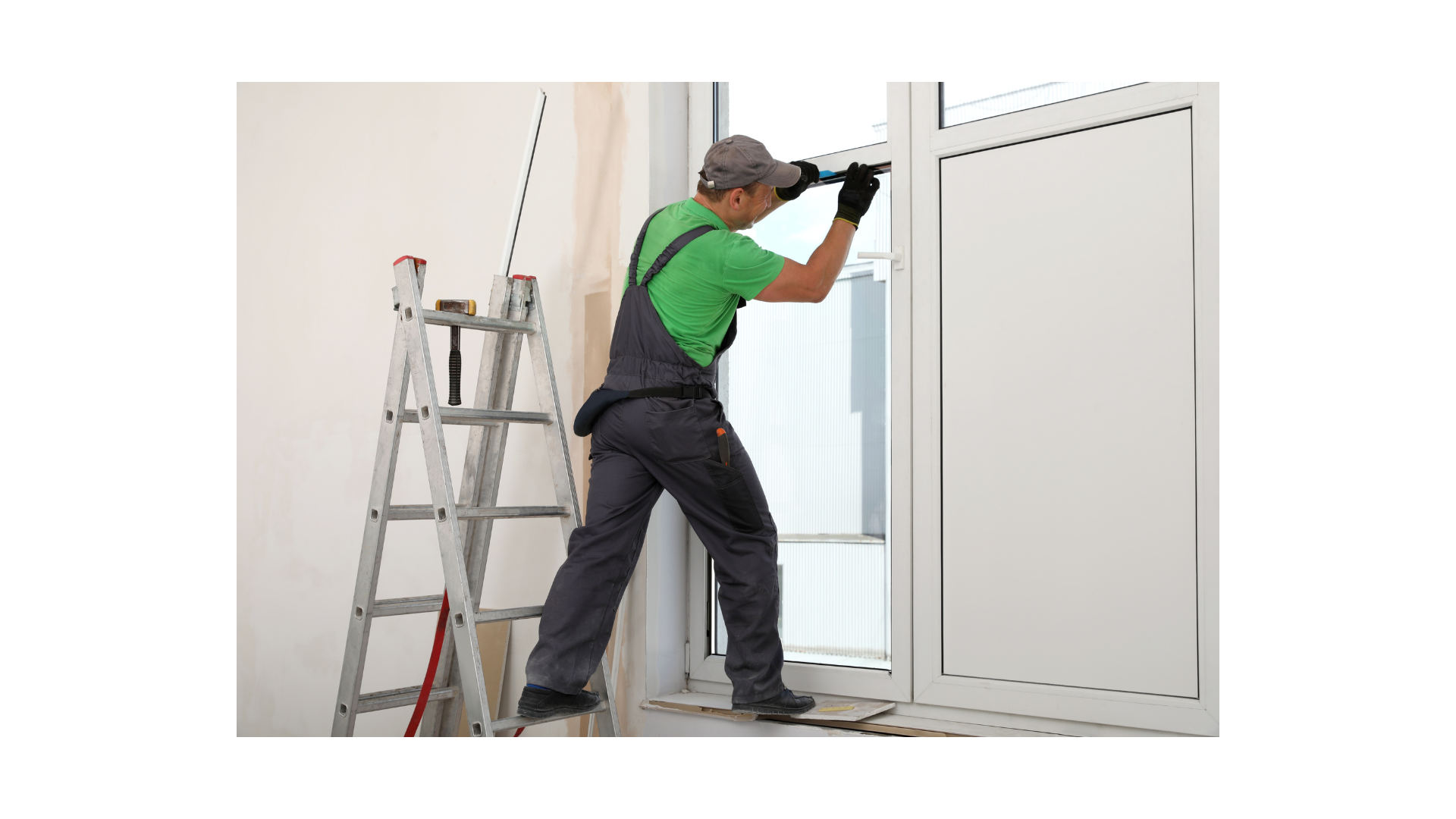
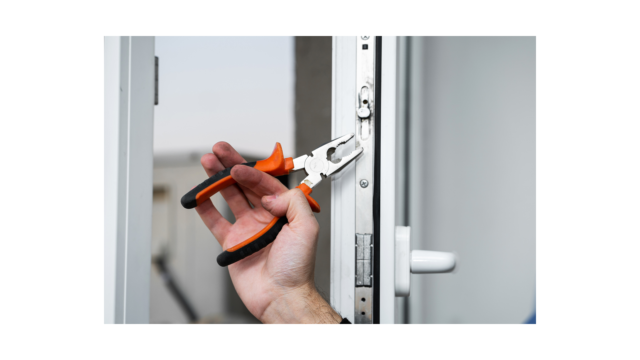
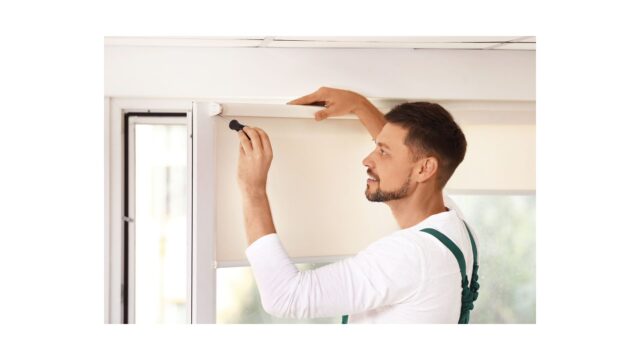
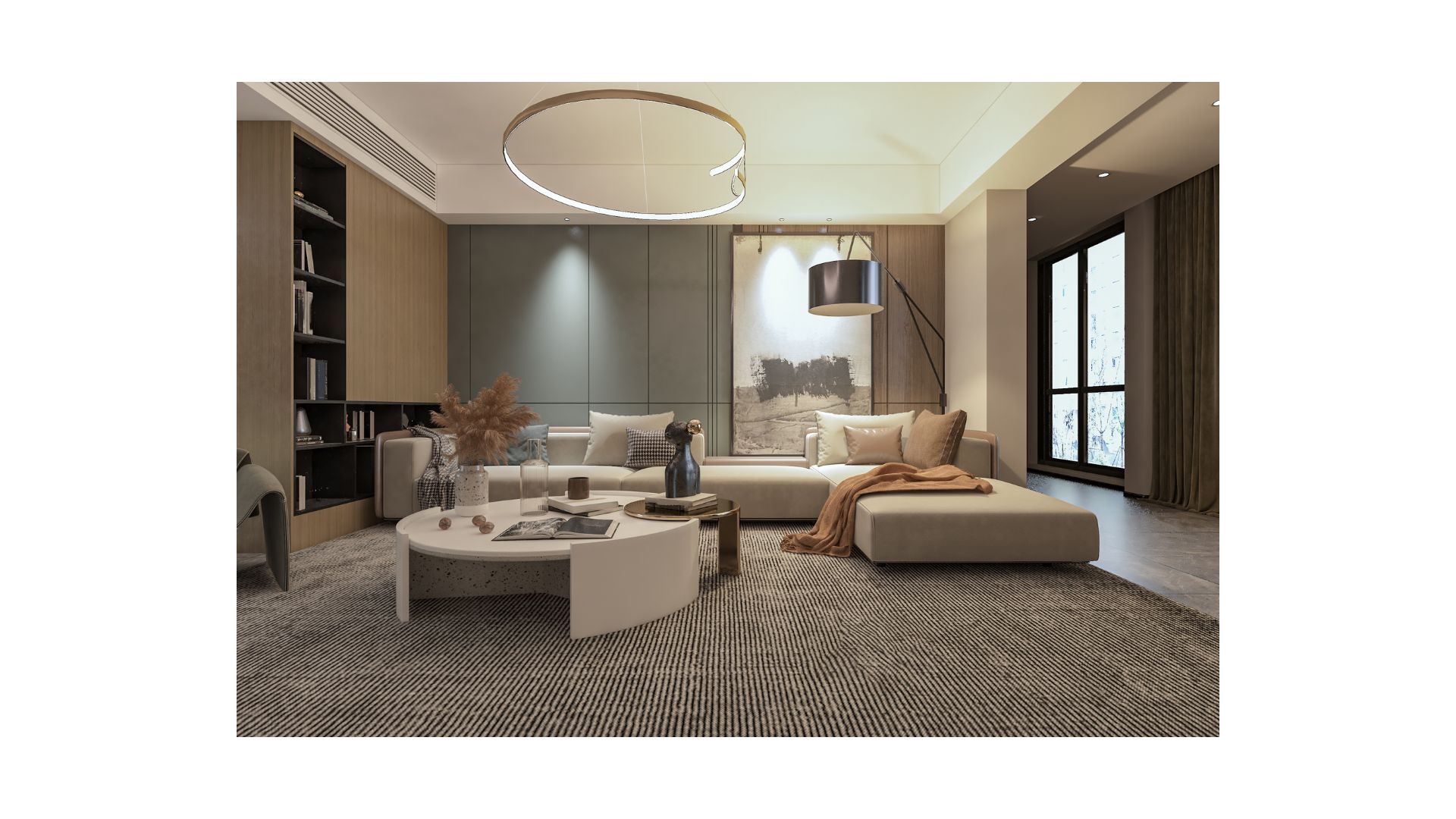
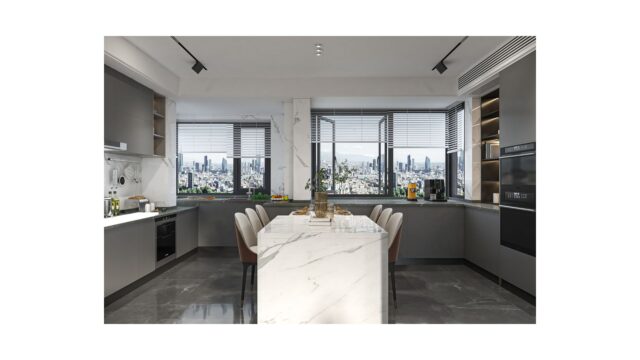
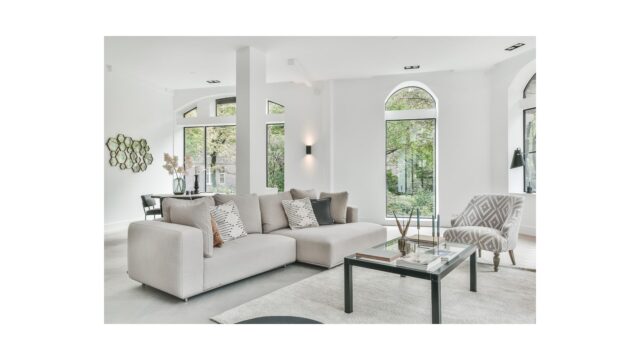
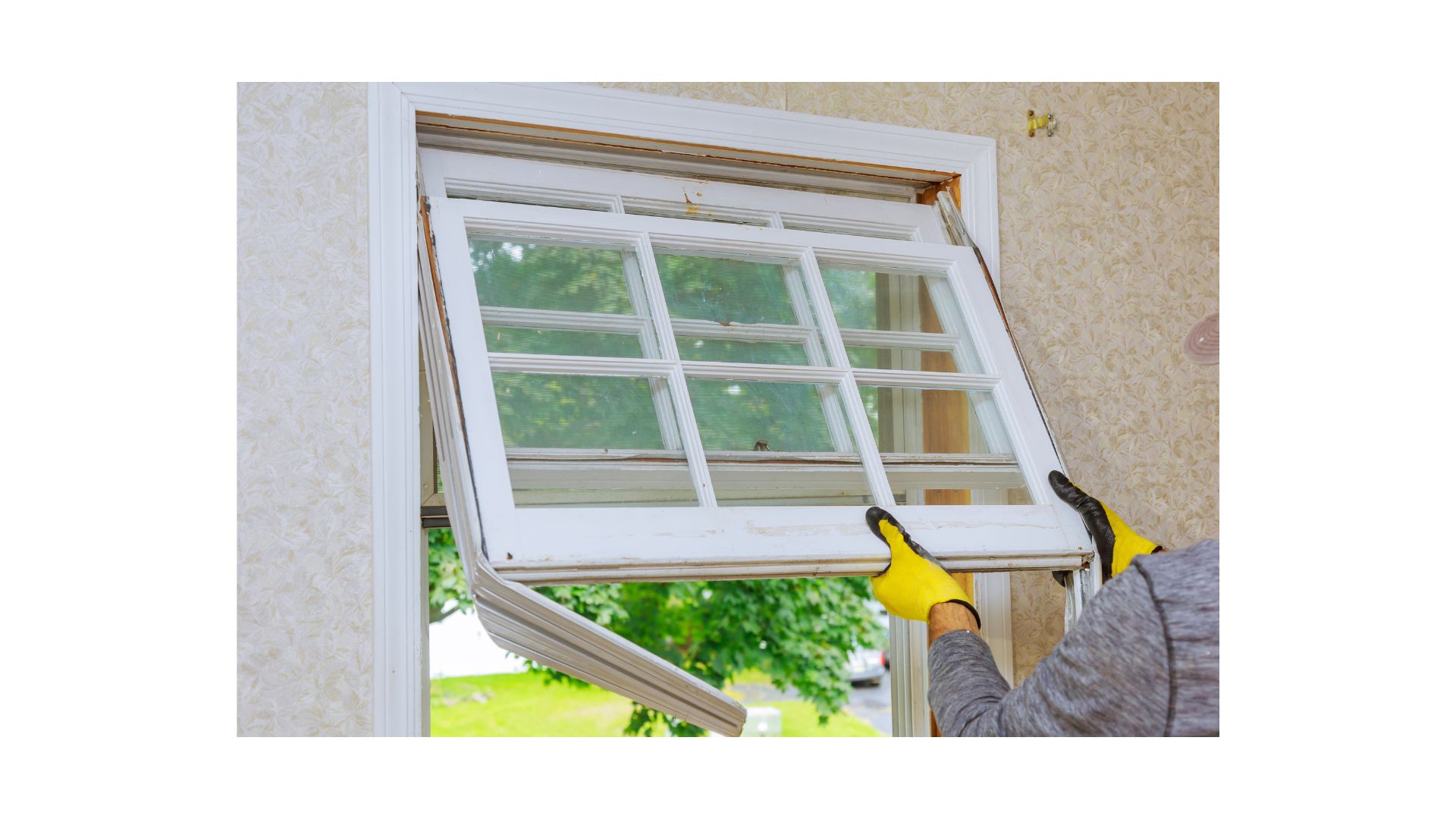
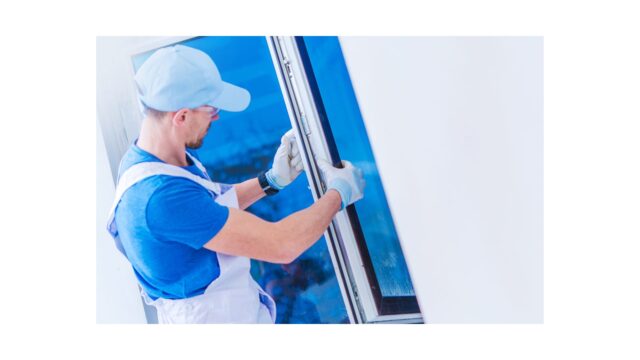

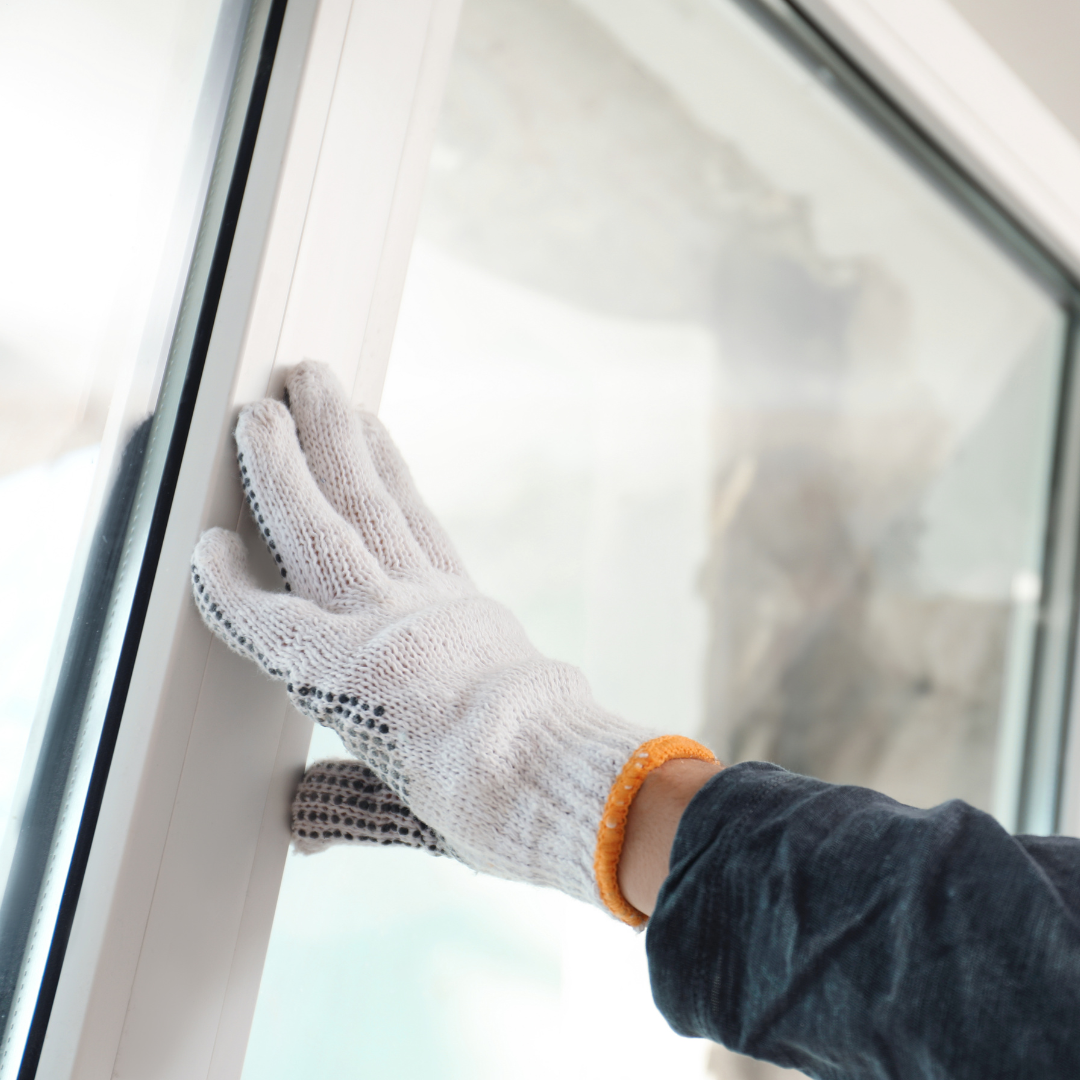



Recent Comments